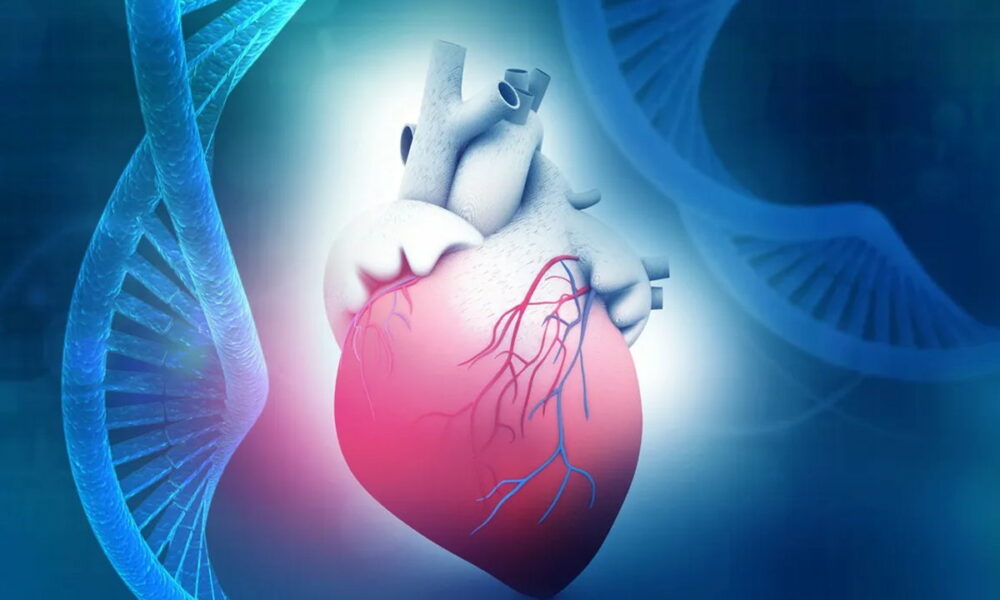
A group of scientists have discovered an anti-aging gene capable of making set the age of the heart back 10 years and stop the deterioration of cardiac function. The research has lasted three years and has been carried out on mice. Sand has published in Cardiovascular Research and it is promising as you will see.
Human beings of any time and place have thought about the concept of immortality beyond its religious-philosophical conception. But our physical body denies that eternal life and deteriorates over time.. This deterioration is different according to the types of populations in the world and researchers have focused on studying groups of people who live in those considered blue zones of the planet where its occupants live considerably longer than the world average.
The longest known people have been found in these population groups. They often live to be 100 years or more and are in relatively good health. And they are also less prone to cardiovascular complications, one of the ones that cause the most diseases and deaths annually.
Anti-Aging Gene: Live Longer, Live Better
The heart is the main organ of our circulatory system and vital for human survival. He’s getting old so natural in a progressive decrease in its function and the available treatments cannot stop this deterioration. However, the aforementioned groups of individuals maintain good health until the last stage of their lives due to the favorable interaction between genes, environment and other factors.
It was known that this group of centenarians pass on their healthy genes (a longevity-associated variant (LAV) of the BPIFB4 gene) to their offspring, but for the first time, scientists have shown that the genes of this population group could be transferred to unrelated people to protect their hearts.
The study says it has proven that a single administration of this anti-aging gene prepared under gene therapy is capable of stopping the deterioration of cardiac function in middle-aged mice. When given to elderly mice, the gene turned back the age of the heart’s biological clock by the human equivalent of more than ten years.
In addition, immunohistological studies showed a marked reduction in vessel coverage by pericytes in defective hearts explanted from elderly patients. Finally, gene therapy with LAV-BPIFB4 prevented cardiac deterioration in middle-aged mice and rescued cardiac function and myocardial perfusion in older mice by improving microvasculature density and pericyte coverage.
The researchers hope to begin clinical trials on humans to see if it also reverses the decline in cardiac output like in mice, and to see if they can create a protein based on LAV-BPIFB4. They claim that these studies can «promoting a new wave of treatments inspired by the genetics of centenarians». We will not live forever; it would be very boring also, but yes we can live something more and better with all that is coming from advanced medical research.




